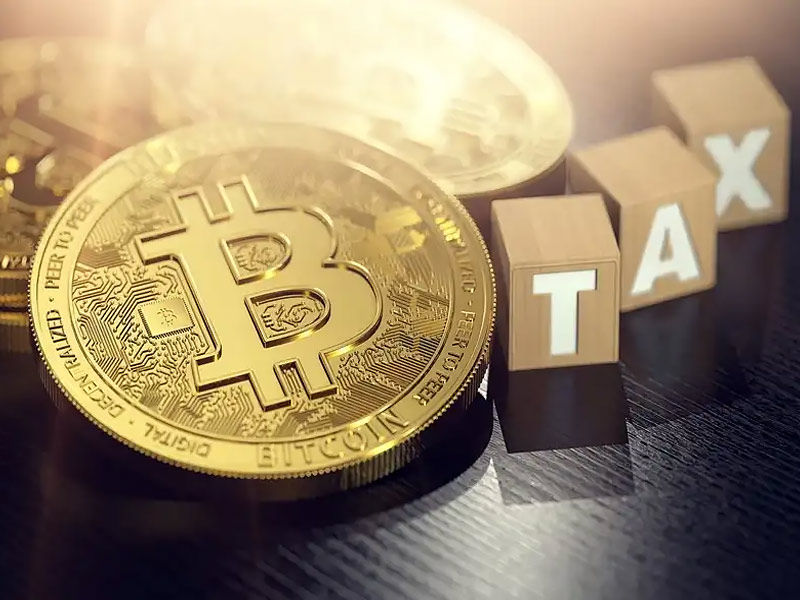Cryptocurrency is gaining popularity in India at a very rapid pace. The adoption of blockchain and similar technologies has influenced more and more people to invest in cryptocurrencies, including Bitcoin. The country’s rising number of crypto influencers has driven India’s surge in crypto investors.
However, the Reserve Bank of India is yet to grant cryptocurrency a legal tender status. Although, the central bank introduced last year that it was working to build its own digital currency. The Reserve Bank’s conservative approach towards cryptocurrency doesn’t mean that crypto investors are free from paying tax on their gains. But, taxation on cryptocurrency in India is still a complex topic.

The Indian government is yet to draft the method of taxation for cryptocurrency separately. However, the Union Finance Ministry sources have confirmed that the center plans to classify cryptocurrencies and digital assets based on their use cases. To simplify this further, there are different ways one can make gains from cryptocurrency, for instance- payments, trading or investments, mining, or utility. This stands true for almost all digital assets. But to categorize crypto earnings, the center will first have to regulate cryptocurrency payment in India.
Experts within the field argue that the gains made from crypto trading could be categorized as “business income.”” In contrast, other means such as mining and staking are likely to fall under “earning from other sources.”
Staking and Yield Farming are two other methods that can help a crypto investor make significant gains. Mining requires high-powered computers that help miners solve complex mathematical problems to get Bitcoin or other cryptocurrencies as a reward. Yield Farming is similar to earning interest on giving someone a loan. It involves lending your crypto assets in exchange for a payment.
While there’s still a lot of time before the Indian government frames a set of rules for cryptocurrency investment and trading in the country, some government members have shown a positive approach. For instance, the statement by the then-minister of state for finance, Anurag Singh Thakur, said that “the gains resulting from the transfer of cryptocurrencies/assets are subject to tax under the head of income, depending upon the nature of holding of the same.” The part of the statement that needs to be highlighted is “the nature of holding.”
We can soon expect a certain set of guidelines regarding Tax on cryptocurrency in India. However, financial experts think that bringing additional rules would mean needlessly burdening the taxpayers.
How to calculate Tax on cryptocurrency?

While cryptocurrency is yet to be regulated or identified as a legal tender in India, there is no trading or holding crypto assets. Like any other form of earning, crypto gains are taxable. The amount of the Tax to be paid depends on the classification.
If a person purchases a digital token for investment purposes, they would have to pay Tax under gains. The investment can be further classified depending on the holding period. Example: Long-term holding, short-term holding.
If an investor holds any crypto asset for over 36 months, the gains would be taxable as long-term capital gains. In contrast, any gains made during a shorter period would be treated as short-term capital gains and taxed accordingly. A flat 20% tax would be levied upon long-term capital gains. However, more clarity from the government would make it easier for the investors.
In a user doing crypto transactions frequently, the gains made would be taxable as business income.
For long-term capital gains, the tax rate may fall down after the application of the indexation benefit.
Indexation is a mechanism used by an investor to adjust for inflation during the period these investments were held. It is not static as the cost inflation is released annually by the Central Board of Direct Taxes.

The crypto investment in India is inching closer to $7 billion and, it’s high time that the government comes up with proper rules and tax guidelines for the sake of more clarity among the investors. Some experts believe that the government may levy the 18% Goods and Services Tax on transactions on foreign cryptocurrency exchanges.

























